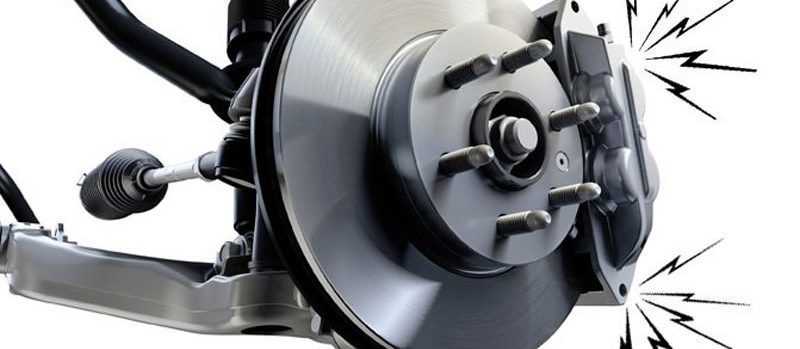
Squealing Brakes
Why are my brakes squeaking?
Squeaky brakes can panic a driver, as brakes are arguably the most important safety feature in automobiles. Sometimes the concern is warranted, as the brakes are going bad. Other times, however, there may be nothing wrong at all.
Some brake noise is considered normal
Different driving conditions can affect brake noise, including severe braking, dusty or sandy conditions, or even humidity. Certain high-pitched brake noise happens because the semi-metallic brake pads used on newer cars are harder. It’s a safer and longer-lasting alternative to the asbestos material it replaced, but the noise can be annoying.
But why does the squeak happen?
The metal rotor that the brake pads squeeze together can sometimes vibrate, causing a squeaking noise. Luckily, there are several ways to fix this:
- Use a milk spray, lotion or cream on the back of the pads.
- Use sandpaper to sand off surface hardening of the brake pad/shoe surface.
- Try a different brand of brake pad!
Brakes are a vital part of your car
It’s important to have an expert perform any of the above changes to your brake system. In addition, it’s very possible a completely different problem is causing your brake noise, so have a mechanic make sure it’s not a more serious problem before you dismiss it as “normal brake noise.” Remember: Brakes are designed to make noises when they’re going bad to warn you, so it’s actually a good thing. It’s certainly better to find out your brakes are going bad hearing a squeak than jamming on the brake and not being able to stop.
Have a compact car?
A high-pitched squeal often happens on smaller cars and is heard in the first few stops when brakes are cold and damp. Certain brands can be noisier than others, but there’s an upside – these harder pads that have more metal generally last longer since they’re stronger.
